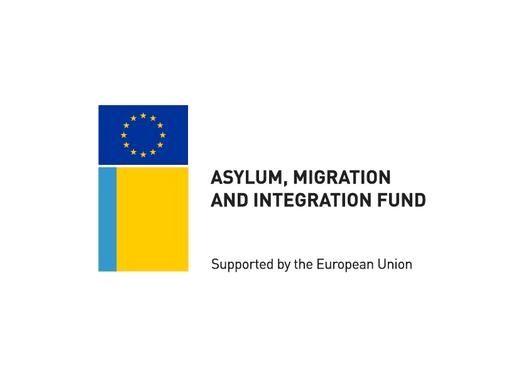Child marriage
Child marriage refers to a marriage that one or both parties have entered into before the age of 18. The minor is typically female.
Prevalence of child marriages
Child marriages are most common in sub-Saharan Africa and South Asia. Over third of girls in sub-Saharan Africa and nearly half of girls in South Asia marry before turning 18. (WHO, 2013)
Child marriage violates human rights
Child marriage violates the rights of the minor. It:
- prevents the child from attending education and learning
- exposes the child to pregnancy and motherhood before they are even physically ready for this
- increases the child's risk for domestic violence and HIV infections (WHO, 2013)
Marriage Act and the Criminal Code protect children in Finland
In Finland, a person may marry after turning 18. The procedure for granting dispensations for under-age persons to marry was abolished in June 2019 by an amendment to the law.
A marriage concluded in a foreign state before an authority of that state is considered valid in Finland, if it is valid under the law of the state where it was concluded. A marriage concluded in a foreign state is also considered valid in Finland if either spouse had residency in or citizenship of the country when the marriage was concluded.
A marriage will not be legally valid in Finland even if it fulfils the above conditions if it is contrary to Finland’s public policy. For instance, this may include a marriage in which one of the parties is clearly a minor and where there is a considerable age difference between the spouses.
Under the Criminal Code of Finland, sexual activity with a person below the age of 16 is sexual abuse of a child or aggravated sexual abuse of a child. In Finland, the age of consent is 16, which means that the sexual self-determination of children below 16 is also protected by law when the sexual act does not meet the characteristics of a rape based on forcing or if it has not been criminalised as some other sexual offence. In Finland, the age of consent concerns a wide scope of sexual activity, starting with different sexual activities which could be considered as sexual harassment under other circumstances.
Professionals’ duty to report an offence and file a child welfare notification
Some asylum seekers come from countries where child marriage is common. If one of the spouses is underaged and married to someone clearly older, the conditions for a sexual offence may be met even if the parties are married to each other.
Professionals working with asylum seekers have the duty to report an offence and file a child welfare notification if
- one of the marital spouses is married to someone clearly older and below the age of 16 and there is evidence of sexual activity in the relationship (e.g. the couple has children or the girl is pregnant). This may be a case of a sexual offence under the Criminal Code of Finland.
- The issue must be addressed with the couple and they must be informed about the fact that engaging in sexual activity with a person under 16 years of age is against the law in Finland.
The professionals working with asylum seekers are not obligated to report a suspected sexual offence in the context of an equal and consensual sexual relationship between young people:
- A case that does not violate a person’s self-determination and where there is no considerable difference in the mental and bodily maturity of the parties even if one or both of the parties were under 16 years of age.
However, if the situation has involved pressurising or persuading a person to engage in sexual acts, it may meet the characteristics of a criminal offence, in which case it must be reported.
In case of uncertainty, the professionals working with asylum seekers have the duty to consult child welfare services regarding whether to file a child welfare notification and the police regarding whether to report an offence.





